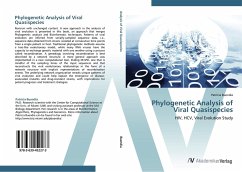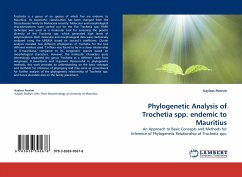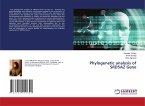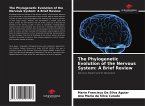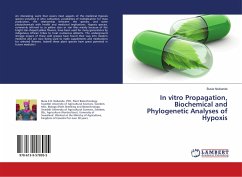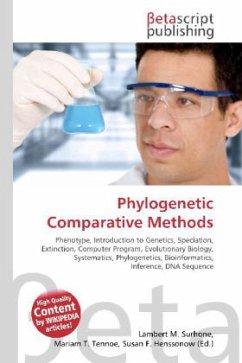Revision with unchanged content. A new approach in the analysis of viral evolution is presented in this book, an approach that merges Phylogenetic analysis and Bioinformatic techniques. Patterns of viral evolution are inferred from serially-sampled sequence data, i.e., sequence data obtained from strains isolated at consecutive time points from a single patient or host. Traditional phylogenetic methods assume a tree-like evolutionary model, while many RNA viruses have the capacity to exchange genetic material with one another using a process called re combination. A genealogy involving recombination is best described by a net work structure. A more general approach was implemented in a new compu tational tool, Sliding MinPD, one that is mindful of the sampling times of the input sequences and that reconstructs the viral evolutionary relationships in the form of a network structure with implicit representations of recombi nation events. The underlying network organization reveals unique patterns of viral evolution and could help explain the emergence of disease-associated mutants and drug-resistant strains, with implications for patient prognosis and treatment strategies.
Hinweis: Dieser Artikel kann nur an eine deutsche Lieferadresse ausgeliefert werden.
Hinweis: Dieser Artikel kann nur an eine deutsche Lieferadresse ausgeliefert werden.

